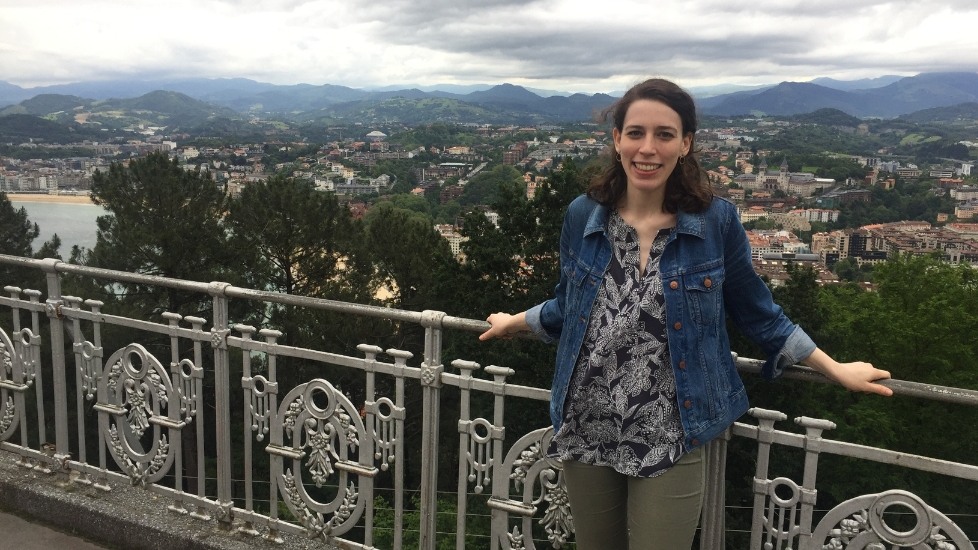I entered my senior spring at Brown determined to use my history degree after graduation but unsure how to do so without teaching, a profession for which I felt ill-suited. Luckily, after graduating I stumbled into a summer internship with the Office of the Historian of the U.S. House of Representatives. It was a formative experience working alongside professionals who were grappling with the implications of concepts I’d spent my time at Brown contemplating in the abstract, such as collective memory and how dominant narratives about the past coalesce and conflict. Navigating these issues in an office that served policymakers, researchers, journalists, educators, constituents, and others was exhilarating. I soon learned that this type of work had a name: public history. Suddenly, I could picture myself at any number of institutions—whether a government history agency like the Office of the Historian or perhaps a museum, historical society, or archive—working on real-world applications of history at places that directly shape the public’s understanding of the past.
After grad school, I formally entered the field with a job at the National September 11 Memorial & Museum, where I came to lead the exhibitions content team. Thorny questions were central to our work: How could we remain responsive to current events tied to the institution’s core narrative? How should we negotiate authority with visitors over the telling of such a recent, raw history? It was an immense privilege—and responsibility—to take on these questions at an institution charged with exploring a complicated event with ongoing ramifications at the very site where the mass violence occurred.
I pursued similarly multifaceted questions in my next role, as Chief Public Historian for the New Jersey Historical Commission, where I oversaw the state’s preparations for the upcoming 250th anniversary of the United States. This work eventually led to my current position at the American Association for State and Local History (AASLH), the national professional association for history organizations and their staff and volunteers. Here, I help shape organizational messaging and strategy while providing resources and guidance for history practitioners looking to observe the 250th anniversary—an event with the potential to help American society progress towards justice through inclusive history and to strengthen the history field. My colleagues and I regularly develop research, tools, and programs to promote the relevance and value of history, including the urgent need for a more complete telling of the past and for increased comfort with complexity, ambiguity, and critical thinking.
My role at AASLH is hugely fulfilling, allowing me a bird’s-eye view of the field and opportunities to intellectually engage with the topics that have fascinated me since my time at Brown. It is hard to imagine landing in this position without the rigorous, dynamic courses offered by the history department or the mentorship I received from its professors and teaching assistants. In particular, research opportunities presented by Professors Robert Self and Michael Vorenberg afforded me priceless experience with archives and synthesizing primary sources—skills that still shape my work.
I would encourage Brown undergraduates to take advantage of the history department’s varied offerings and find ways to supplement their coursework with concrete experience in the history field. This could mean archival research but also internships at history sites and organizations. These institutions, of which there are more than 21,000 nationwide, are invaluable community assets for many, playing a key role in how the public comes to understand the past and apply it to contemporary conversations. By joining the field—especially in an age of increasing polarization about history education and competing historical narratives—you can be a part of that vital process.
